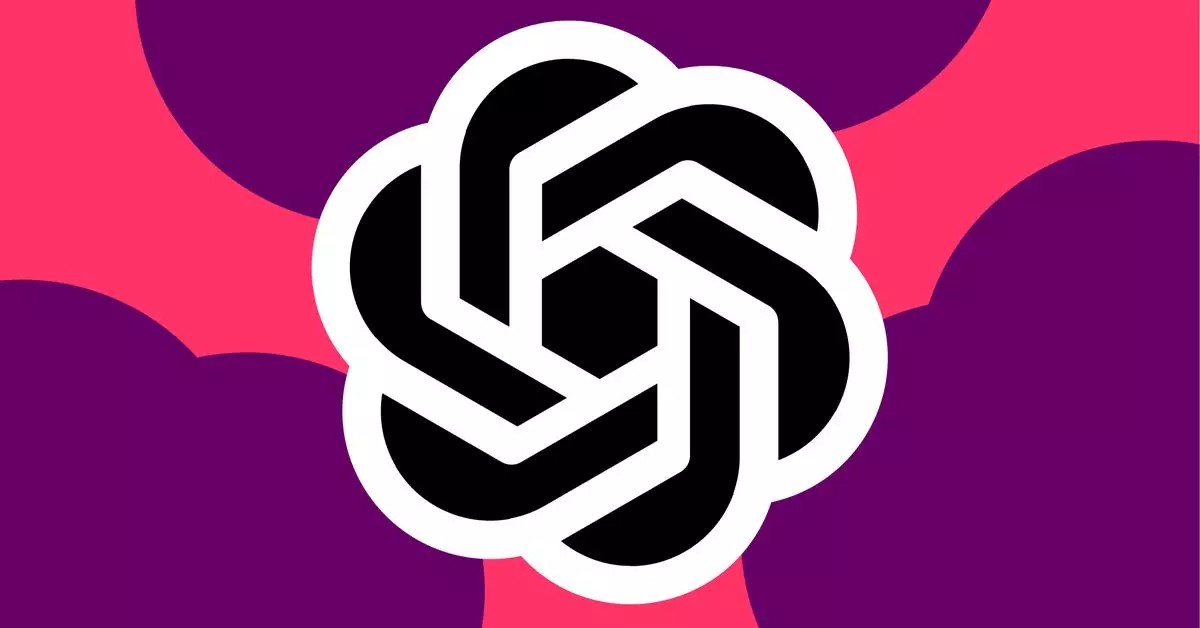In an innovative move to bring artificial intelligence to more users, OpenAI has recently introduced a phone-based service that allows individuals to interact with ChatGPT for up to 15 minutes at no cost. Using the number 1-800-CHATGPT, this service opens a new avenue for users to experience the AI’s capabilities, making advanced conversation technology more accessible. OpenAI’s chief product officer, Kevin Weil, has identified this rollout as a crucial development in AI engagement, particularly for those who may have hesitated to use web-based platforms.
The launch of this service, which coincides with what OpenAI describes as “ship-mas,” marks a rapid progression from concept to execution only a few weeks following its inception. The utility of this phone line extends beyond casual engagement, facilitating a unique opportunity for those unfamiliar with AI technologies. Users across the United States can call 1-800-242-8478 and experience a simplified version of ChatGPT, which emphasizes ease of use without the complexities often associated with digital interfaces.
Translating AI interactions into familiar communication channels like phone calls and WhatsApp is a significant leap. For global users, the integration of WhatsApp with GPT-4o mini according to OpenAI’s Realtime API represents an important step toward inclusivity. This adaptability illustrates an understanding of consumer behavior, recognizing that many users prefer conversation via platforms they already utilize.
The 15-minute limit, however, is structured to prevent abuse of the service, as it applies to each phone number once per month. Tech-savvy users could potentially set up multiple numbers to sidestep this limit, yet OpenAI seems to trust that the service will be used responsibly. Additionally, for existing ChatGPT users craving deeper interaction and personalization, the recommendation remains to continue engagements through standard accounts. This bifurcation of services suggests that OpenAI is keen on addressing both casual users and dedicated enthusiasts, tailoring experiences to different levels of engagement.
The rollout of 1-800-CHATGPT also evokes memories of similar initiatives from tech giants like Google, whose 2007 GOOG-411 service aimed to enhance speech recognition through user interaction. Although discontinued in 2010, its legacy sheds light on the importance of voice data in developing robust AI capabilities. Unlike Google’s approach, however, OpenAI has asserted that they will not utilize call data for training their larger language models, offering a reassurance to users concerned about privacy and data usage.
OpenAI’s new service represents a watershed moment in the utilization of AI, aiming to democratize access while fostering familiarity among users. By embedding AI interaction in daily communication methods, the company is taking strides to break down barriers that hinder the adoption of such technologies. As artificial intelligence continues to integrate with our lives, initiatives like this could redefine how we view and use AI, making it a component of our daily conversations rather than a distant technological marvel.

